24 of the Most Influential Black Muslims in History
May Allah mercy on them
----- Dr M M Abdul Halim
Bilal ibn Rabah (580–640 A.D.)
Bilal was a formerly enslaved Ethiopian who became one of the closest and most-trusted companions of the Prophet Muhammad. Known for his beautiful voice, Bilal became the first muezzin (caller to prayer) in Islam, chosen by Muhammad himself.
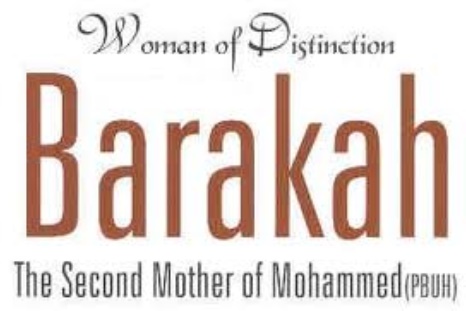

Umm Ayman (d. 650)
Umm Ayman, also known as Barakah, was an enslaved Ethiopian who was emancipated and became a renowned companion of the Prophet Muhammad. She was one of the few individuals who closely knew the Prophet from his birth until his death. Among the earliest converts to Islam, she participated in the battle of Uhud, caring and tending for the wounded.
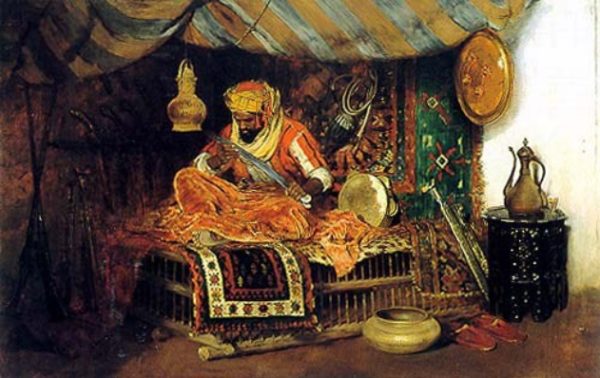

Ubada ibn as-Samit (d. 654)
An early companion of the Prophet Muhammad, Ubada was one of the earliest converts to Islam in Medina and participated in all the major battles of the Prophet, including Badr and Uhud. Later, he became a successful commander of the Rashidun army and served under the Rashidun caliphs Abu Bakr and Umar. He was one of the main field commanders during the Muslim conquest of Egypt.
Usama bin Zayd (d. 674)
The son of Zayd ibn al-Hāritha and Umm Ayman, Usama bin Zayd was among the closest companions of the Prophet Muhammad and was the youngest individual ever appointed as a military general during the lifetime of the Prophet, leading a military force when he was only 17 years old.
Muhammad al-Jawad (c. April 12, 811 A.D. – Nov. 29, 835 A.D.)
Considered the ninth Imam by the Twelver Shi’i tradition, Muhammad al-Jawad was a descendant of the Prophet and one of the most important Alid figures during his time. Muhammad al-Jawad undertook the responsibility of the Imamate while only 8 years old. His mother, al-Khayzaran (also known as Sabika), was of Nubian or East African origin.
Dhu’l-Nun al-Misri (796 – 859)
One of the most prominent early mystics in the Islamic world, Dhu’l-Nun originated from Nubia and was a legendary alchemist and thaumaturge. He is supposed to have known the secret of the Egyptian hieroglyphs. His teachings emphasized the central role of knowledge (gnosis or ma‘rifa) in attaining higher spiritual realization in Sufism.
Tariq ibn Ziyad (d. 720)
Tariq ibn Ziyad was a Muslim general who led the Islamic conquest of what is now Spain and Portugal in 711–718 A.D. Under the orders of the Umayyad Caliph Al-Walid I, he led a large army from the north coast of Morocco, consolidating his troops at a large hill now known as Gibraltar. The name “Gibraltar” is the Spanish derivation of the Arabic name Jabal Ṭariq, meaning “mountain of Tariq,” which is named after him.
Originally from Basra, Abu Uthman Amr, aka al-Jāḥiẓ, is renowned as one of the most important writers in Islamic history. In addition, he was an accomplished theologian, poet, philosopher, grammarian and linguist. Known as “the first Islamic zoologist,” he authored about 200 books on various subjects. Among his most famous works is his Risalat mufakharat al-sudan ‘ala al-bidan (Treatise on Blacks), an impassioned defense of the superior qualities and accomplishments of the people of sub-Saharan and East Africa.
Abū al-Misk Kafūr (905–968)
With beginnings as an enslaved Ethiopian, Kafūr rose to become a military commander and eventually sultan of the Ikhshidid dynasty, which included territory encompassing modern-day Egypt, Sudan, Libya, Eritrea, Palestine, Syria, Lebanon, Turkey, Cyprus, Iraq, Jordan and the Hejaz.
Abdallah Ibn Yasin (d. July 7, 1059)
Abdallah Ibn Yasin was a jurist, theologian, reformist and founder of the Almoravid movement and dynasty. He played a central role in the Islamization of the Berber tribes of West Africa.
Al-Mustanṣir bi-llāh (July 5, 1029 – Jan. 10, 1094)
Fatimid Isma’ili Imam-Caliph. He was born to a Sudanese mother and his caliphate lasted for about 60 years, the longest of any caliph in the Islamic world.
Mansa Musa (c. 1280 – c. 1337)
Mansa Musa was emperor of the Malian Empire in West Africa and was famously known for his wealth, patronage of Islamic scholars and magnificent architectural projects. His reign is remembered as one of the most prosperous of any monarch in the history of the world.
Sonni Ali, also known as Sunni Ali Ber or “Sunni Ali,” was a military strategist, conqueror and founder of the Songhai Empire in West Africa. Under Sonni Ali’s infantry and cavalry, many cities were captured and then fortified, such as Timbuktu and Djenné. During his reign, Songhai surpassed the height of the Mali Empire, engulfing areas under the Mali Empire and the Ghana Empire before it.
Askia Muhammad I (c. 1443 – 1538)
Askia Muhammad, also known as Askia the Great, was an emperor, military commander and political reformer of the Songhai Empire. Under Askia Muhammad, the Songhai empire became the largest ever in West Africa and one of the largest empires in Islamic history.
Mustafa Zemmouri/Estevanico (c. 1500–1539)
Mustafa Zemmouri, also known as Estevanico or Esteban de Dorantes, was enslaved by the Portuguese and later the Spanish in his home in Morocco. Estevanico took part in Spanish exploration expeditions in regions corresponding to modern-day Cuba, Mexico, Florida, New Mexico, Arizona and Texas. As such, he is considered to be the first African-born individual to have set foot in continental North America.
Idris Alawma (1580–1617)
Idris Alawma was an administrator, military leader and ruler of the Bornu-Kamen Empire in what is today part of Chad and Nigeria. Following the fall of the Songhai Empire, he became the most powerful Muslim monarch between the Niger and the Nile.
Shehu Usman dan Fodio (1754–1817)
Shehu Usman dan Fodio was a Fulani religious teacher, writer and Islamic promoter and the founder of the Sokoto Caliphate in the Hausa States in what is today northern Nigeria. He wrote more than 100 books concerning religion, government, culture and society. He also encouraged literacy and scholarship, for women as well as men, and several of his daughters emerged as scholars and writers.
Ibrahim Abd al-Rahman (1762 – 1829)
Ibrahim Abd al-Rahman was born a prince in present-day Guinea, West Africa, and trained in the Islamic sciences, studying in the famous scholarly center of Timbuktu, Ibrahim was enslaved in his 20s by the British and ended up in New Orleans in the Americas. After working to obtain his freedom from slavery for 40 years, he was released by the order of U.S. President John Quincy Adams after the Sultan of Morocco –Mulay Abd al-Rahman ibn Hisham – had requested his release. He returned to Africa and died there.
Nana Asma’u (1793–1864)
In addition to being the daughter of the great Usmān dan Fodīo, she was an important poet, writer, historian, educator and religious scholar in her own right. As an ardent advocate of the participation of women in society and as a result of her broad-based campaign to empower and educate women, she was one of the most influential women in West Africa in the 19th century.
Muhammad Ahmad bin Abd Allah (Aug. 12, 1844 – June 22, 1885)
Muhammad Ahmad was a Sudanese reformist, mystic, revolutionary and anti-colonial leader who led a major rebellion against the Turco-Egyptian and British forces in Sudan and managed to establish a large state in most of the country. The success of his rebellion made him one of the most renowned anti-colonial leaders of the 19th century.
Elijah Muhammad (Oct. 7, 1897 – Feb. 25, 1975)
Elijah Muhammad was an African-American religious leader who led the Nation of Islam (NOI) from 1934 until his death in 1975. Working to achieve the NOI goal of improving the spiritual, mental, social and economic condition of African-Americans in the United States, Muhammad’s impact is still felt today.
Malcolm X (1925–1965)
Malcolm X, also known as El-Hajj Malik El-Shabazz, was an African-American Muslim revolutionary, public speaker and civil rights activist. As a prominent figure in the Nation of Islam, Malcolm X articulated concepts of race pride and Black nationalism in the 1950s and ’60s and continues to exercise a huge influence on Black people until this day.
Louis Farrakhan Muhammad Sr. (b. May 11, 1933)
He is a religious and social leader and currently heads up the NOI. He’s known for his outspoken and articulate rhetorical style, reviving the NOI in the 1980s, and organizing and leading the Million Man March in October 1995 in Washington, D.C., calling on Black men to renew their commitments to their families and communities.
Khalid Abdul Muhammad (Jan. 12, 1948 – Feb. 17, 2001)
Khalid Muhammad was an outspoken African-American activist who came to prominence as the national assistant to Louis Farrakhan of the Nation of Islam (NOI). Despite the controversy that followed him, his strong denunciations of white power and his calls for Black self-empowerment gained him the support of many in the Black community.
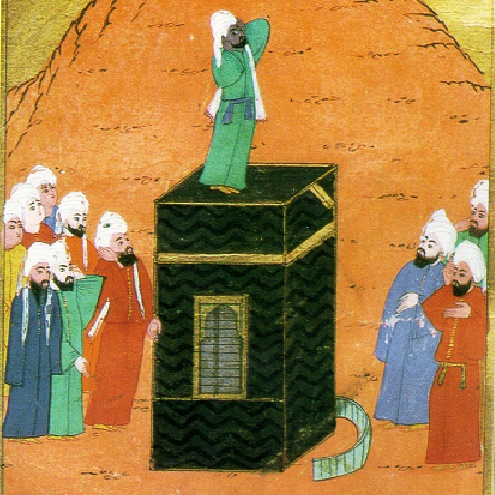
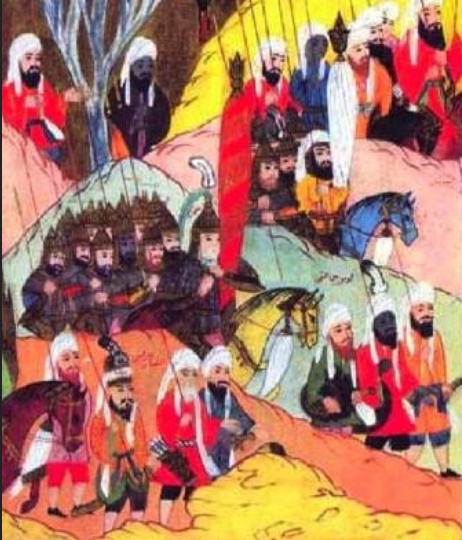
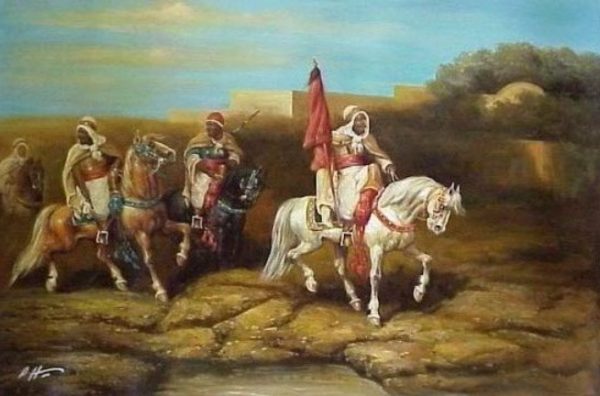
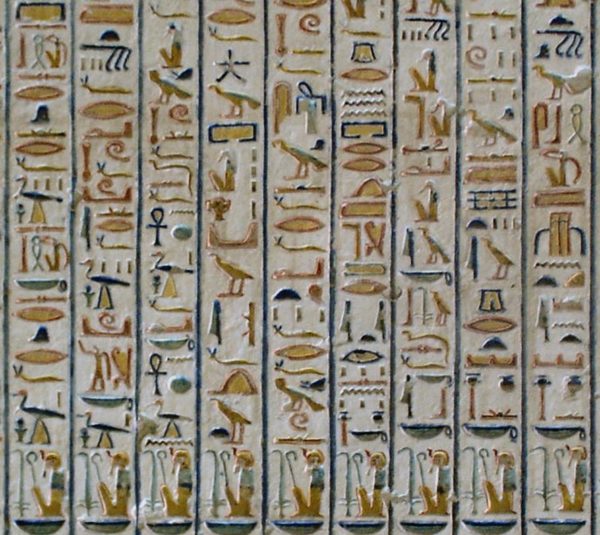

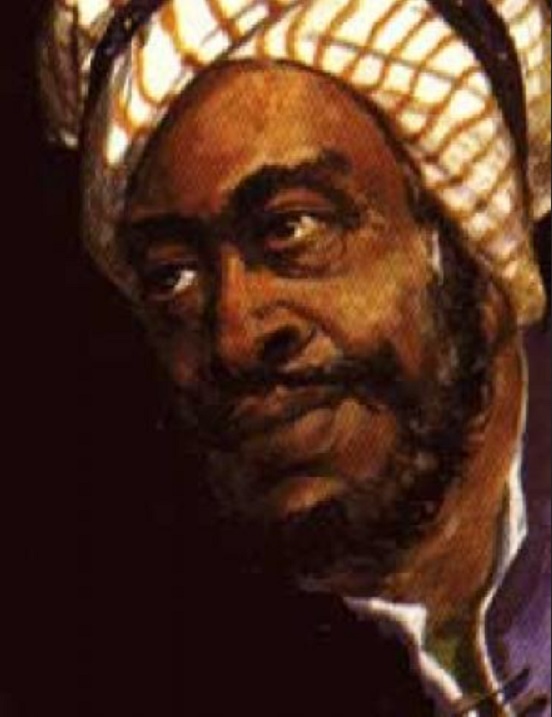

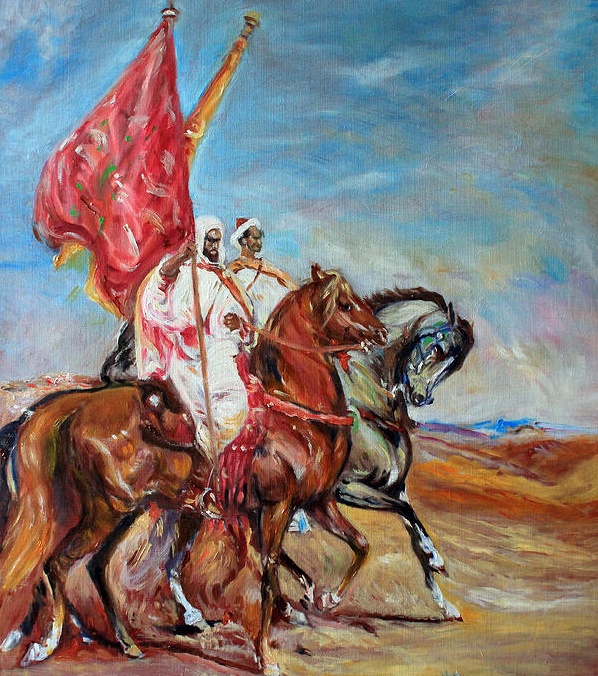
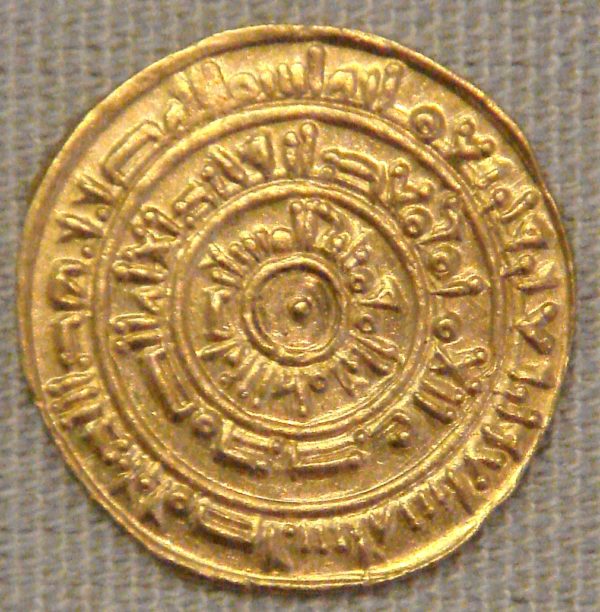
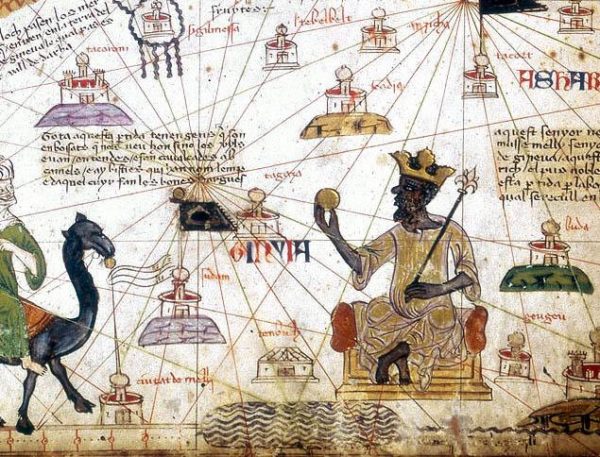
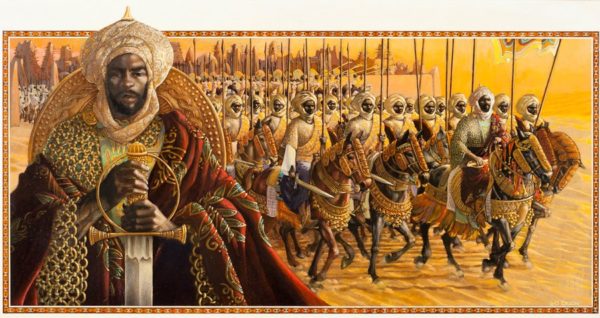


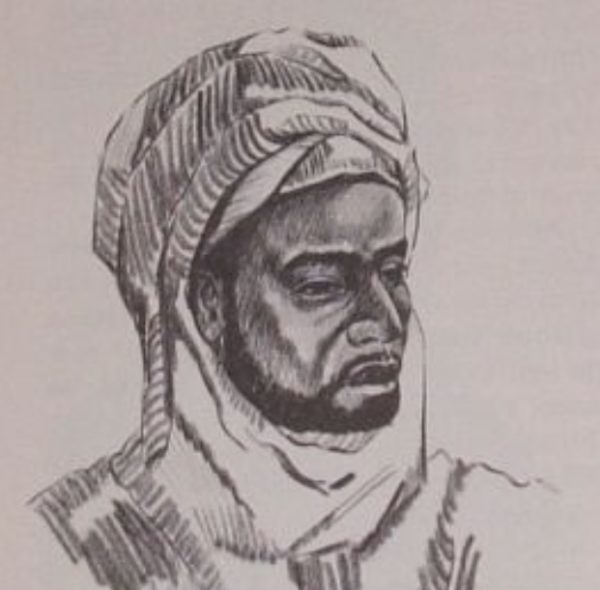
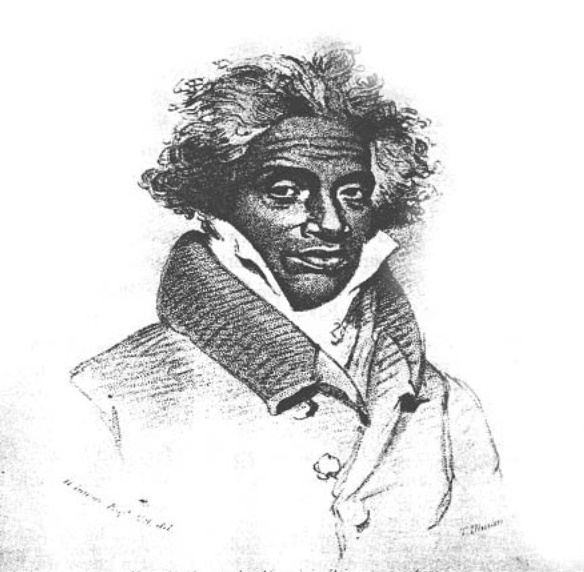

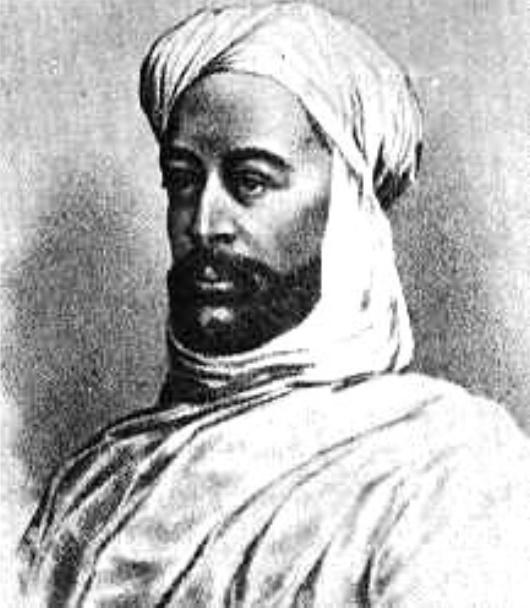
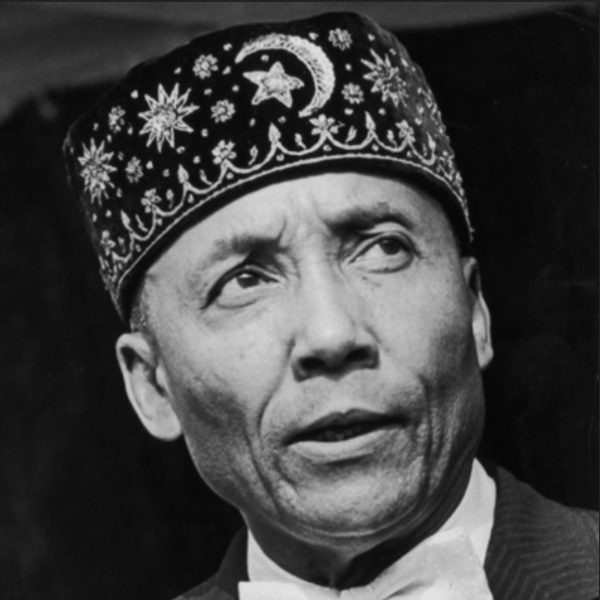

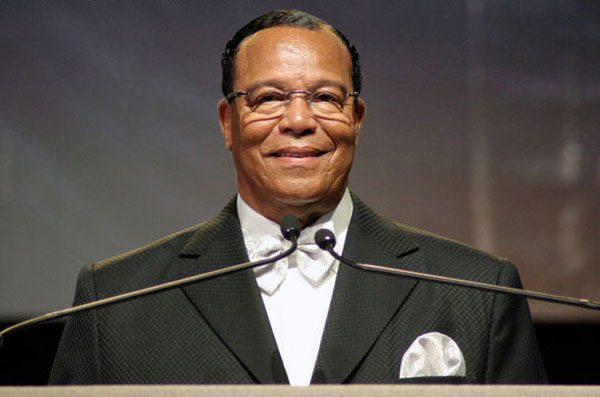
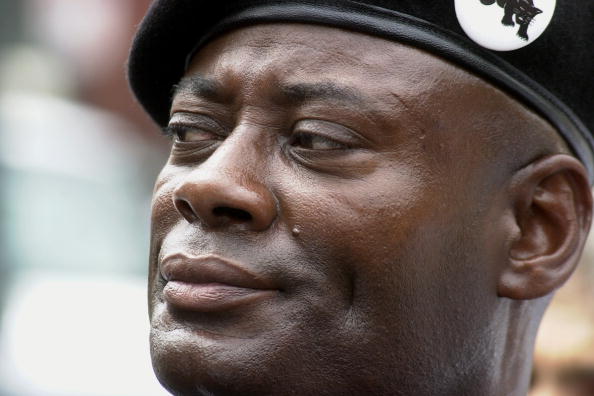
No comments:
Post a Comment